HiSET Social Studies Practice Test
Which two gases are most prevalent in the atmosphere of the earth?
The two gases that are most prevalent in the earth's atmosphere are oxygen and nitrogen. Nitrogen makes up over 78% of the earth's atmosphere. The oxygen content of the earth's atmosphere is about 21%.
Which of the following can be caused by the impact of wind on ocean surfaces?
Waves are produced when wind blows over expansive ocean surfaces. Waves are often smaller than they would be on a windy day on a calm day. Wind does not produce hurricanes; rather, they do.
What is the main idea of this cartoon?

What name is given to the type of reaction that an organism's experiences and genetic makeup cause?
A behavioral response is the kind of reaction that an organism's experiences and genetic makeup cause to occur. Although creatures have some innate inclinations from birth, their experiences can shape how they behave in the future.
Which process is shown on this map?
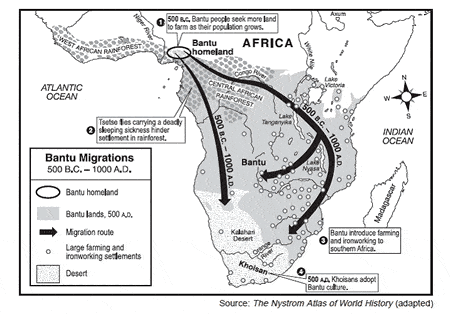
Information on the map supports the conclusion that congressional leaders in 1820 and 1821 wanted to
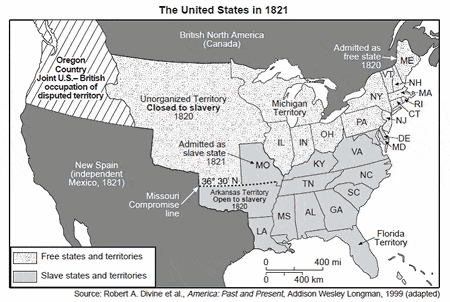
President Abraham Lincoln’s suspension of habeas corpus and President Franklin D. Roosevelt’s executive order forcing Japanese Americans into internment camps both demonstrate that
Based on this map, the Equal Rights Amendment (ERA) received the least support in the
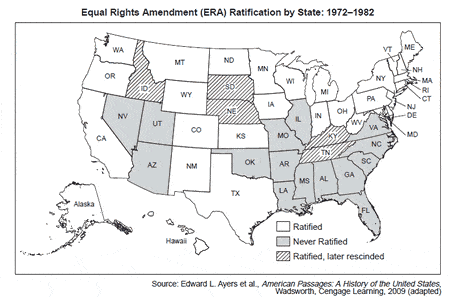
Based on this map, the proposed equal rights amendment was not added to the Constitution because

The map illustrates the impact on the United States of the

The cartoon illustrates President Franklin D. Roosevelt’s dissatisfaction with
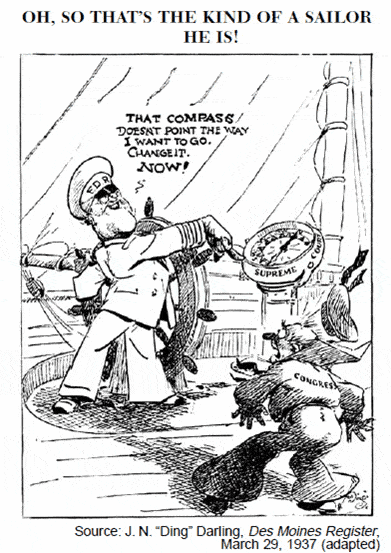
Which feature of the United States Constitution was included to address the concern expressed by James Madison?

This map illustrates the relationship between

This passage best illustrates the role of archaeologists in

Which conclusion can best be drawn from the information in this chart?
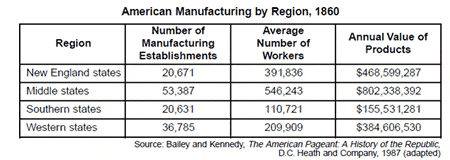
Which of the following best sums up paleontology research?
Paleontology study is broken down into a number of subfields. The subcategories reveal how we once interacted with nature. We learn about past climates and evolution from them as well.